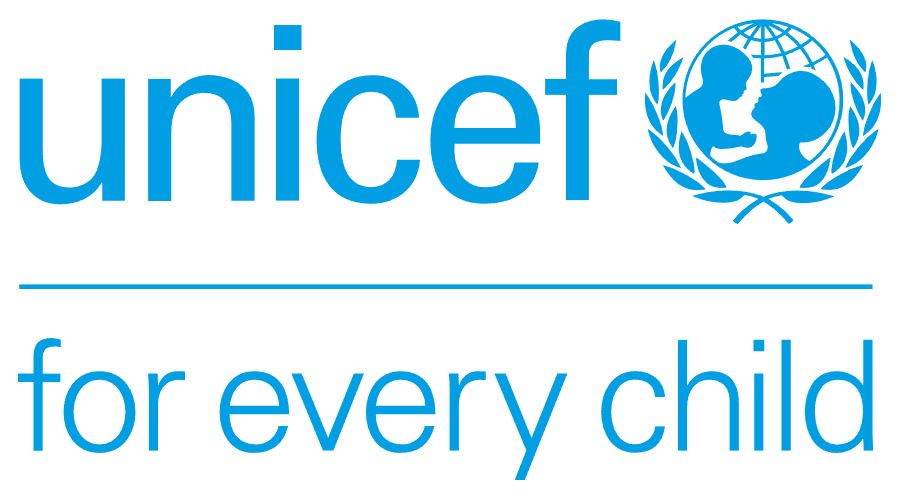
UNICEF
United Nations Children's Fund
26.10.2020
Our Activities
Policy & Advocacy
4
Technical
2
Financial
2
Training & Development
2
10 Total Activities
DPGA members are championing activities that contribute to the discovery, development, use, and investment in digital public goods to accelerate the attainment of the Sustainable Development Goals. Learn how they are making this vision a reality.